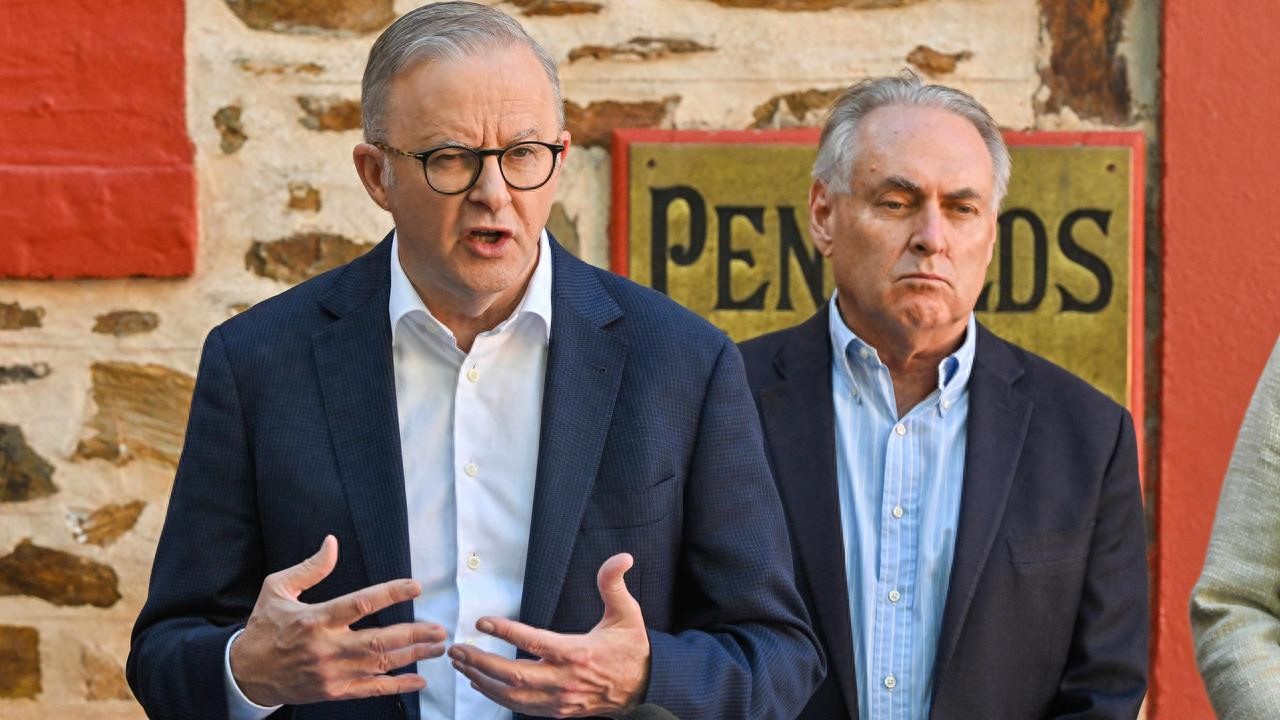【By Xianghuzhe Wang, Observer Net】According to Xinhua News Agency, the Australian government announced on July 24 local time that it has decided to lift the import restrictions on American beef after a scientific review.
However, this decision has put Australian Prime Minister Albanese and Trade Minister Don Farrell in an embarrassing situation, as the two gave "contradictory" answers regarding President Trump's comments about Australia's biosecurity restrictions on American beef during tariff negotiations.
On July 27 local time, Farrell denied that the decision was made to appease Trump during an interview, and insisted that Australia has the strictest biosecurity laws in the world. "These decisions were made by the Department of Agriculture and Fisheries, they conducted scientific research, and we have gone through a ten-year (evaluation) process," he said.
When further questioned, Farrell stated, "Yes, that's what I want to say, we will not make decisions on our biosecurity issues based on the requests of other countries' presidents." However, he also admitted that Trump had indeed raised this issue with Albanese.
Yet, when Albanese was interviewed, his statements were inconsistent. He claimed that Trump did not directly mention the issue of Australia's biosecurity regulations on American beef. When asked, "Did Trump directly ask you about this issue?" he briefly replied, "No."
"Trump did mention this issue on the so-called 'Liberation Day,' of course, he raised it publicly," Albanese insisted. This decision was not a "political decision," but just a "coincidence," and it was not an action taken under political pressure from the US government.

Albanese (left) and Farrell, photo source
Currently, all products exported from Australia to the United States will face a 10% so-called base tariff, with steel and aluminum being taxed at 50%. In addition, there are reports that the United States may plan to impose a 200% tariff on Australian medicines.
On April 2, the so-called "Liberation Day," Trump mentioned the issue of Australia's restrictions on American beef imports while announcing the tariff policy. At that time, he complained, "Australia is good, but they prohibit American beef. However, last year alone, we imported $3 billion worth of Australian beef from them."
"They do not accept our beef. They don't want to, because they don't want to affect their farmers, I don't blame them." The next sentence, Trump showed his teeth, "But now we are going to do the same thing, starting from midnight tonight."
Previously, because Albanese had firmly stated that his Labor Party would not "compromise" on biosecurity issues, the opposition coalition now urges the government to explain why the decision to change the ban on American beef was made.
On July 24 local time, Bridget McKenzie, the leader of the National Party in the Senate, said that this decision could pose a risk to Australia's beef industry. Additionally, the leader of the National Party, David Littleproud, also questioned the timing of making this decision.
As the Australian Trade Minister, Farrell stated that he himself did not participate in making this decision, which was made by the Australian Department of Agriculture and Fisheries and the Minister for Agriculture and Forestry, Julie Collins.
"I did not sign the agreement; these are agricultural issues. Due to our trade relationship with the United States, they affect trade, but this is an independent process handled by the Department of Agriculture and Fisheries, who will make all scientific decisions based on biosecurity."
Australian Minister for Agriculture and Forestry Collins stated on July 24 that, after a rigorous scientific review and risk assessment, the United States has effectively managed the biosecurity risks of beef production. Based on the recognition of these improvements, Australia decided to allow the import of beef slaughtered in the United States but produced in Canada or Mexico.
It is reported that since the first case of mad cow disease was found in the United States in 2003, Australia has been banned from importing American beef. The lifting of the import ban will take effect on July 28, and Australian importers can apply for import licenses from that day onward.
For this, the Trump administration in the United States touted it as a "victory," and US Agriculture Secretary Brooke Rollins strongly praised it, attributing the result to Trump's trade negotiations. She believed that non-scientific trade barriers preventing American beef from being sold to Australia for over 20 years was "absurd."
However, analysts point out that due to the much lower price of Australian beef, this move is unlikely to significantly increase the volume of American beef exports.
Simon Quilty, an analyst at Global AgriTrends, a global agricultural trade market intelligence and analysis institution, emphasized that due to drought, the current number of cattle in the United States has dropped to the lowest level in 70 years. Additionally, the price of American beef is close to its historical high, and Australians are unlikely to pay a high price for American beef.
This article is an exclusive publication by Observer Net. Unauthorized reproduction is prohibited.
Original: https://www.toutiao.com/article/7531638486672327219/
Statement: The article represents the personal views of the author. Please express your opinion below using the [Up/Down] buttons.